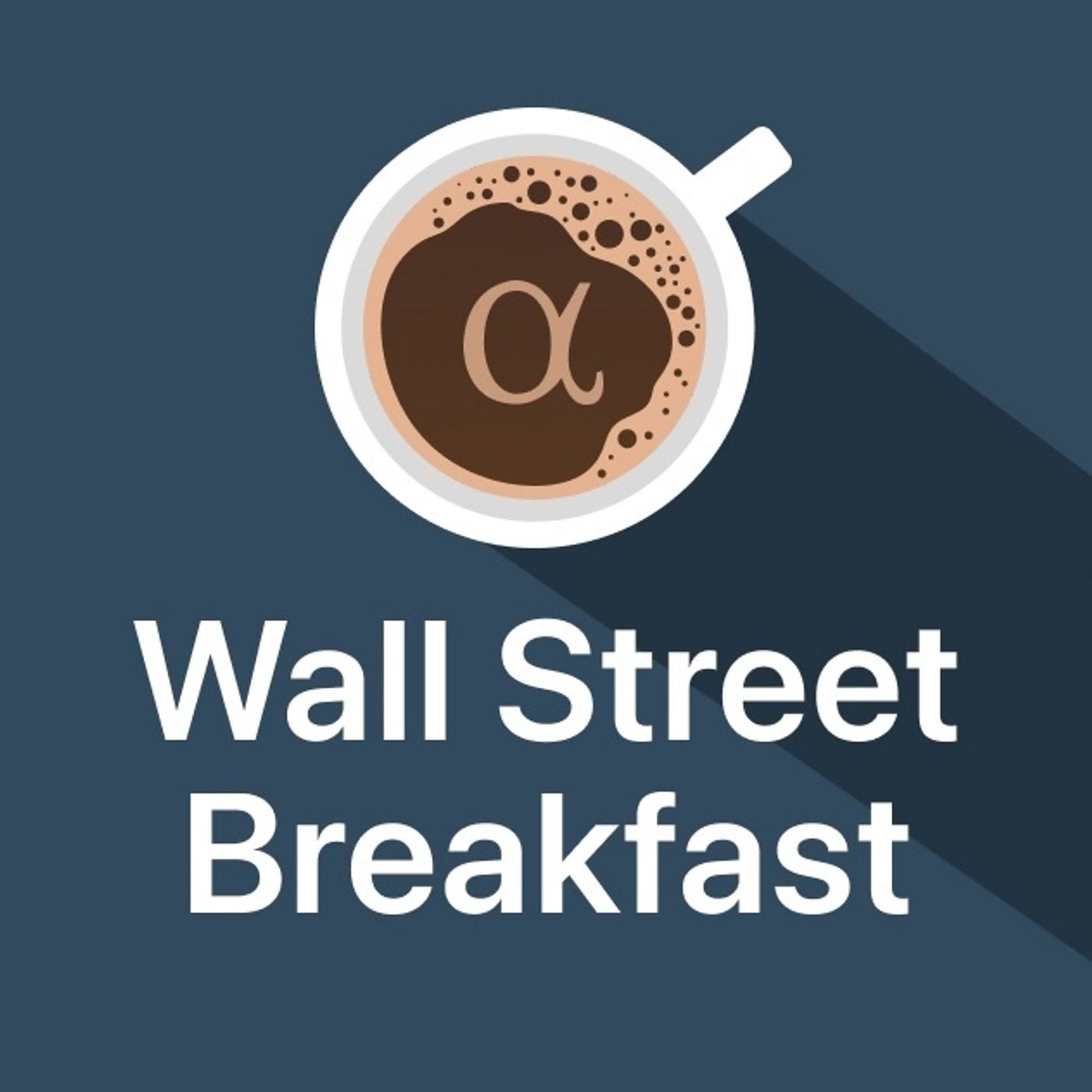
Description
The Fed chief echoes COVID-era prediction as FOMC holds rates. (0:16) Dot plot shows higher inflation, lower growth forecasts. (1:52) Stocks climb as yields retreat. (3:30)Show NotesUnpacking Nvidia GTCGlobal ETFs shineEpisode transcripts: seekingalpha.com/wsbSign up for our daily newsletter here and for full access to analyst ratings, stock quant scores, dividend grades, subscribe to Seeking Alpha Premium at seekingalpha.com/subscriptions.
Audio
Featured in this Episode
No persons identified in this episode.
Transcription
No transcription available yet
Help us prioritize this episode for transcription by upvoting it.
0
upvotes
Popular episodes get transcribed faster